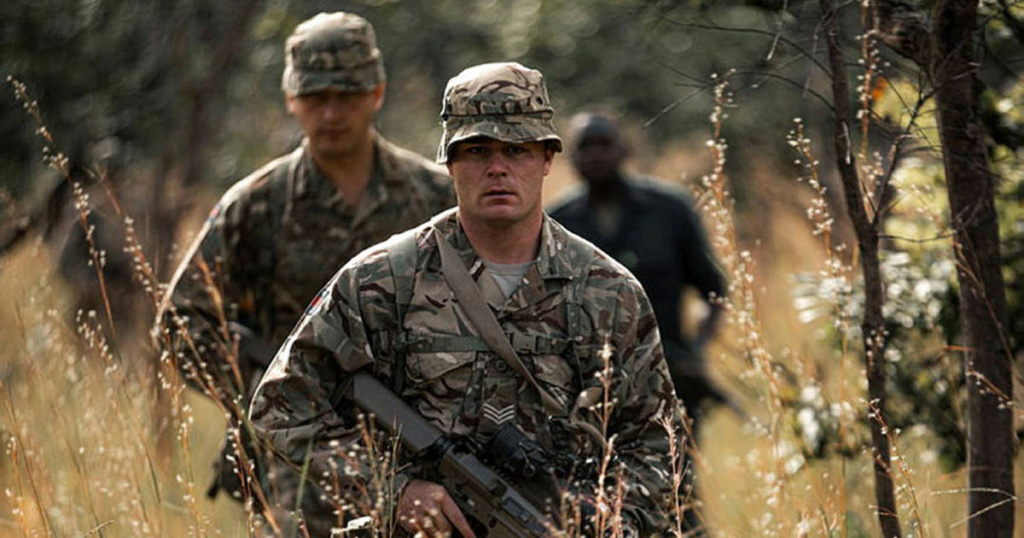The UK’s Integrated Review Refresh (IRR), published in March 2023, states that:
‘Of the challenges identified in IR2021, climate change and biodiversity loss are important multipliers of other global threats, and are guaranteed to continue to worsen over the next decade: six of the top ten risks for the decade ahead identified by the World Economic Forum relate to climate, the environment and nature.’
Yet there is no formalised framework under which Defence should engage in protecting the environment. Building on the established concept of Military Aid to Civil Authorities (MACA), I argue that a similar framework is needed to best engage the military in environmental protection, which I term Military Assistance to Protect the Environment (MAPE).
The intent of MAPE is to continue to raise the relevance of the environment to Defence, to make use of the skills and resources militaries can offer to protect the environment, and to seek to avoid negative military environmental interventions by setting out principles for best practice.
The Military and the Environment
There are already several examples of long-standing military support to environmental protection around the world, including the Indian Army’s Ecological Battalions restoring forestry to prevent natural disasters and the Botswana Defence Forces’ support to the Department for National Wildlife and Parks to conserve biodiversity.
Efforts have grown in more recent years, including among UN peacekeeping forces with the establishment of a sustainability directorate and the publication of a report entitled ‘Greening the Blue Helmets’. The British Army has been countering the illegal wildlife trade in Africa through Operation CORDED since 2017; the US Department of Defense launched Operation Jade Spear in 2020 to combat illegal, unregulated and unreported fishing; and the Colombian military has been engaged in Operation Artemis since 2019 to provide support for protecting the Amazon.
The MAPE Concept
MAPE builds on the well-established MACA concept, although with MACA military support is usually a last resort to respond to natural disasters or other domestic emergencies when civil authorities lack the resources or capability to do so.
MAPE would not be intended as a last resort, but rather as a useful and ongoing partnership to utilise military strengths and capabilities to enhance environmental protection. It would be designed as a proactive mechanism to protect and restore biodiversity over the short, medium and long term.
Protecting the environment is unlikely to ever be a core concern for Defence. However, small teams could have a significant impact on protecting and restoring biodiversity, offering a low-cost and minimal-manpower operation to address the security risks identified in the IRR, as I set out in a RUSI Journal article last year.



